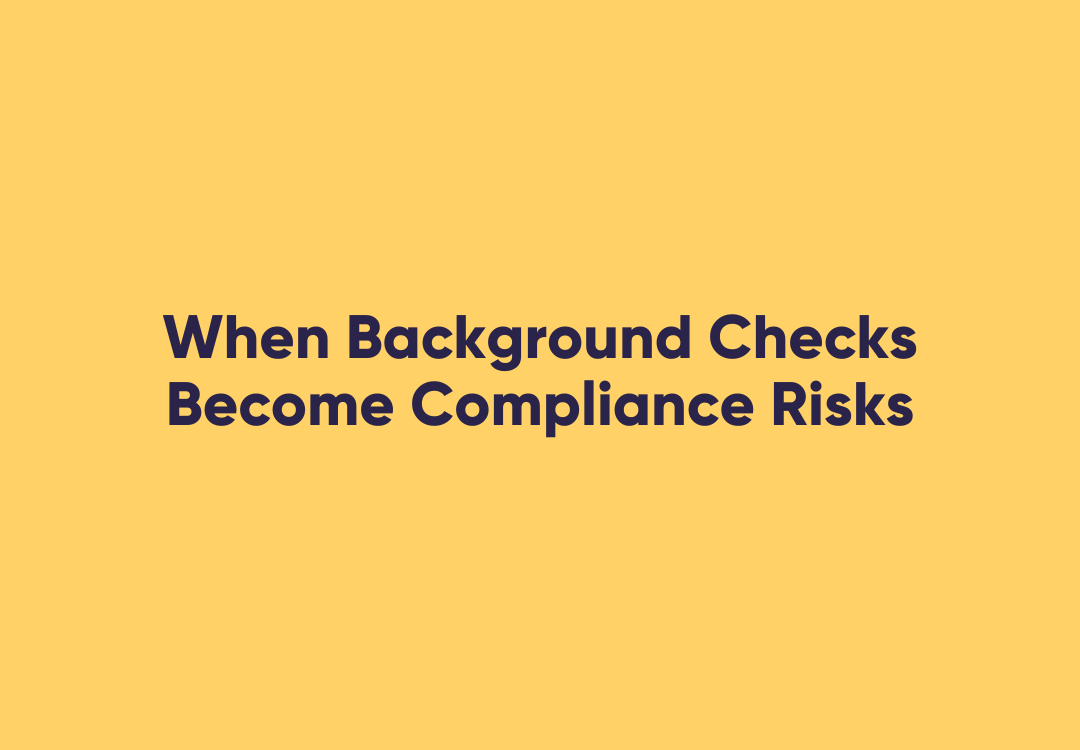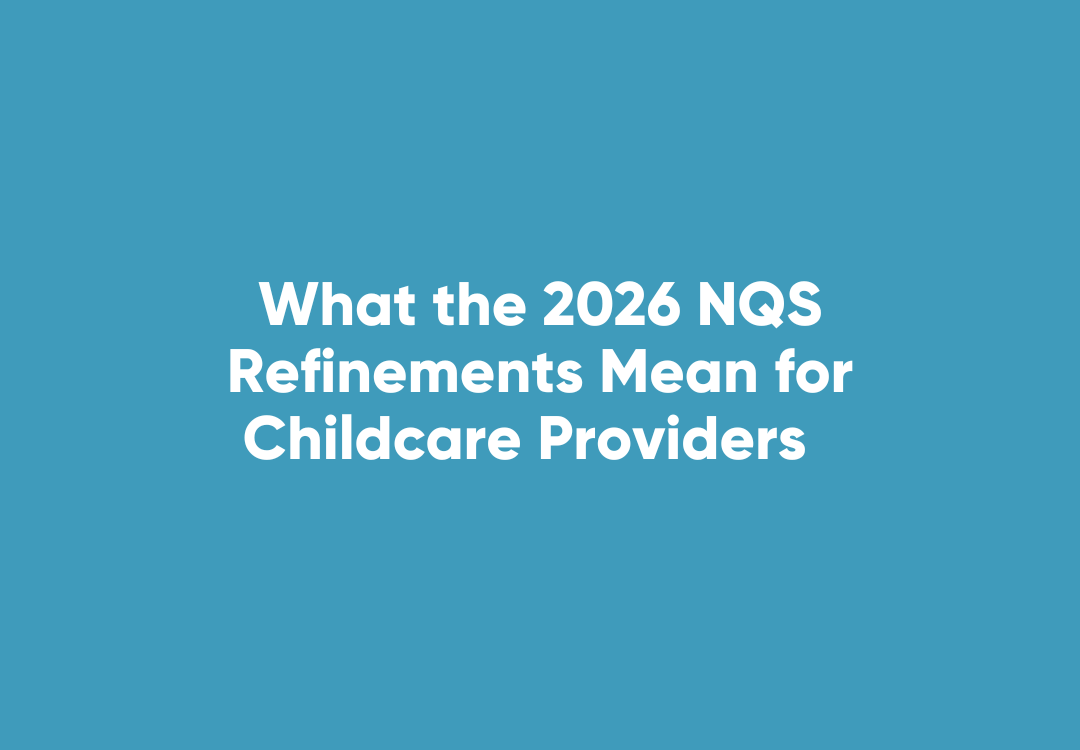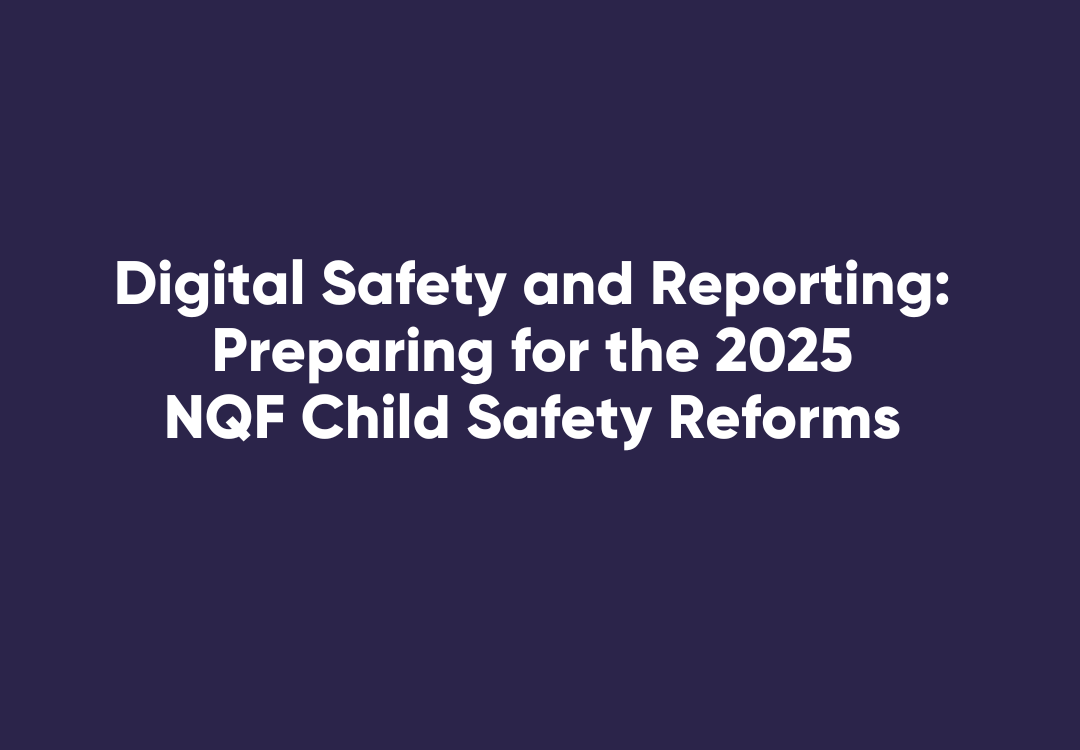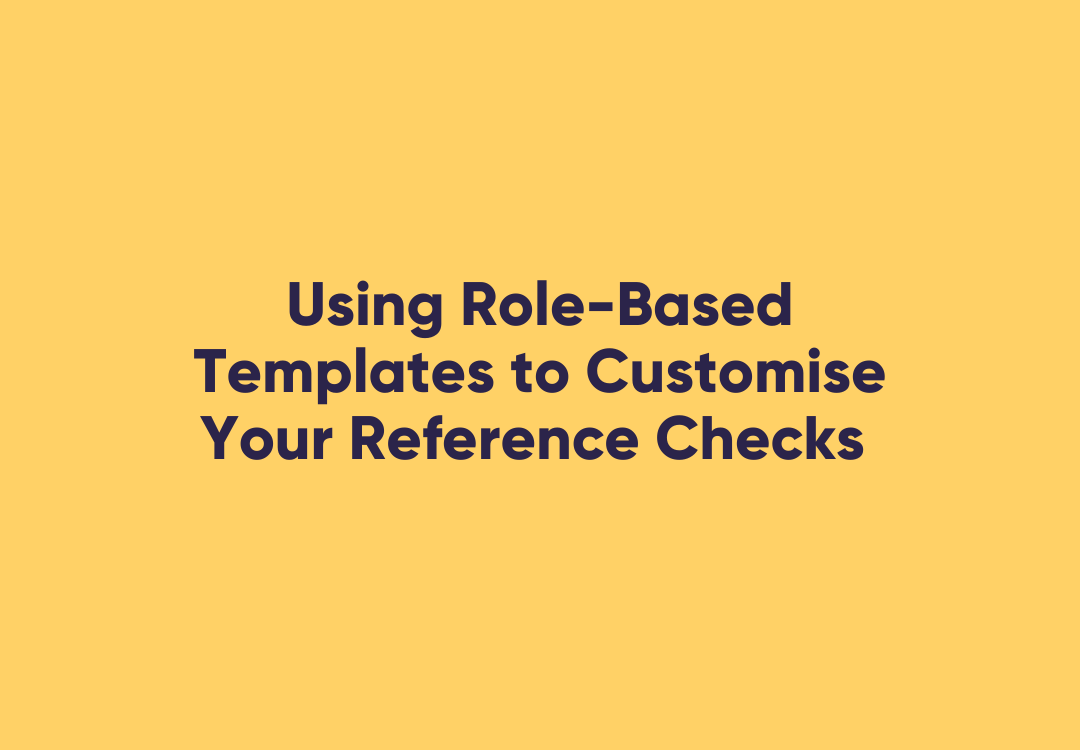Candidates Seek Employers Providing Good Work-Life Balance
It appears companies that support good work-life practices could have a competitive advantage when it comes to recruiting and retaining talent.
However, offering flexible work arrangements is not enough to ensure workers can maintain positive work-life balance.
Organisations should be aware of stressors remote employees may be experiencing and take proactive measures to support healthy work practices.
Employees prioritise work-life balance
Australian job-seekers are looking for opportunities where they can achieve a good balance between work responsibilities and their personal life, according to recent research by recruitment specialist Hudson*.
In fact, these respondents placed this above salary, career progression and title in their ranking of which attributes are most important for their new roles.
As a result, Hudson advised organisations to ‘seriously consider’ the way they promote a good balance between time on the job and at home.
For instance, offering flexible working schedules or remote working options can enable companies to be more competitive in attracting talented candidates.
“No longer just a buzz term or the domain of the working mum, work life balance is now fundamental to all Australian professionals and will be firmly on the agenda as we move throughout 2015,” said Hudson Executive General Manager Dean Davidson.
Providing remote working options
To help employees maintain positive work-life practices and manage the pressures coming from their jobs and their personal lives, organisations can offer flexible working arrangements.
For instance, remote work options, such as telecommuting, or alternative working schedules can empower employees to better balance their responsibilities.
Maintaining a good work-life balance is one way to combat stress.
However, offering remote work arrangements is only one piece of the puzzle when it comes to supporting good practices.
WorkPro’s research on workplace stress revealed a number of stress-causing factors that could remain an issue for employees working from home.
Long work hours, feeling constantly connected to the office and lacking proper resources can all contribute to detrimental pressures for staff.
With telecommuters, it may be more difficult for employers to perceive whether they’re experiencing high degrees of workplace stress since they’re not in the office on a regular basis.
Therefore, it’s all the more important to make an effort to keep open lines of communication, identify potential stressors and provide training and safety awareness resources when it comes to managing workplace stress.
To take a proactive approach to workplace stress, enterprises can download WorkPro’s free e-book.
This resource offers insight into the prevalence of stress in the workplace as well as advice for reducing it.
*Hudson, “Work-life balance emerges as top priority for Australian job seekers”.












